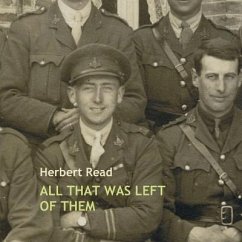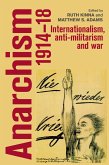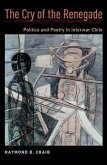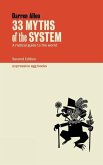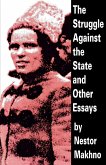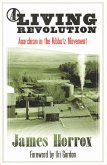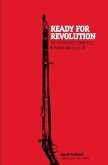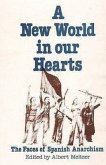Born in Yorkshire in 1893, Herbert Read was a poet, novelist and most of all the leading champion of modernist art in the English speaking world in the mid-twentieth century. Perhaps surprisingly, he was also a decorated hero of the First World War. Joining the Green Howards in 1915, Read was to see action in some of the most horrific battles fought in north-east France and Flanders. Throughout this time he wrote and published poetry and prose, including some of the most austere and moving poetry on the relationship between men on the front line ever to emerge from the First World War. Written in a stark Imagist style derived from the poetic theories of Ezra Pound, Read's war writings avoid sentimentality whilst retaining great strength and startling power. After the First World War Read became the most well-known defender of modernist art and literature in the English-speaking world, but he continued to write on his war time experiences and increasingly to campaign against militarism from an anarchist political perspective. This led him to oppose the rise of fascism in Europe, but also the militaristic responses of liberal democracies like Britain to this new threat. In this collection of writings we see Read's evolving response to war. He moved from a combatant with an ambivalent attitude to his role as an unwitting soldier, through to an articulate veteran who showed a categoric opposition to militarism in later life. This culminated in his active participation in the early protests of the Campaign for Nuclear Disarmament against atomic weapons.

